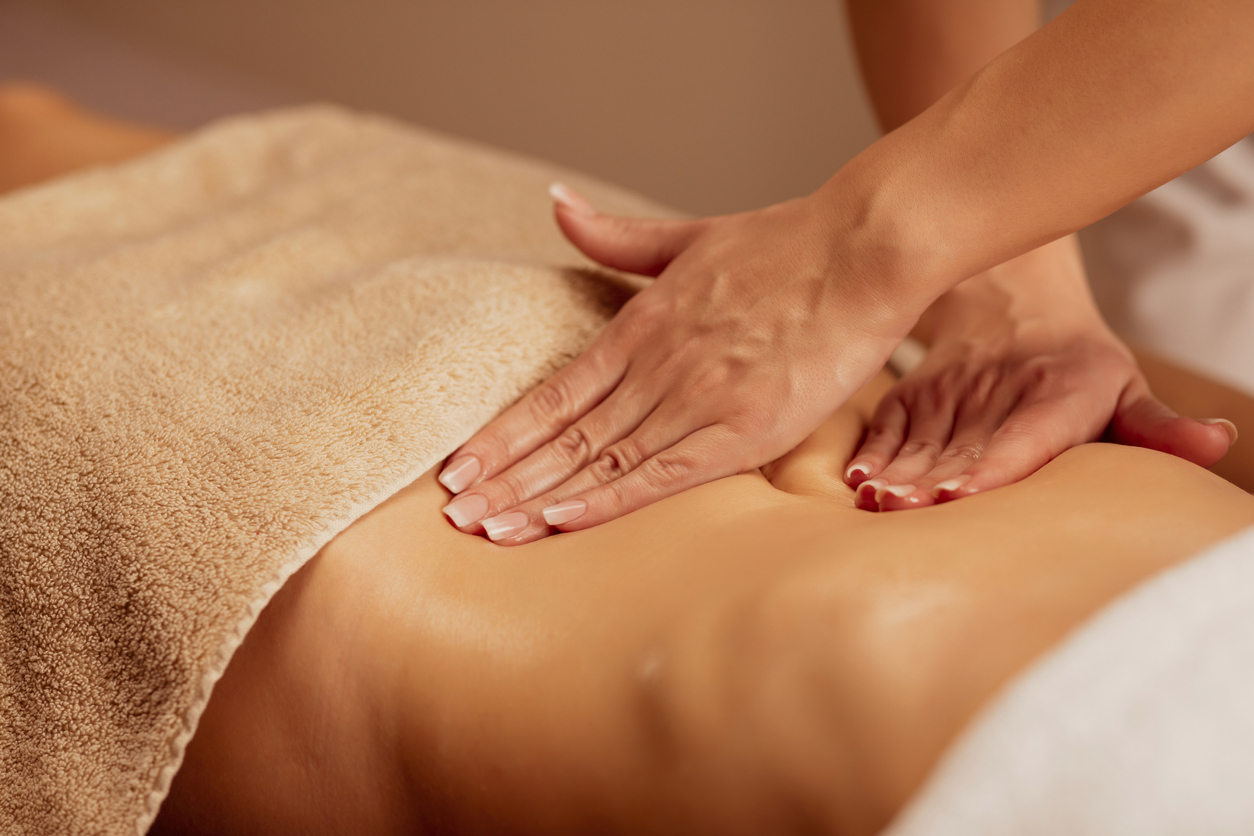Did you read Part One of our series on managing arthritis pain? Check out the next three do’s and don’ts for effectively managing your pain and living your best life. The team of compassionate professionals at our Georgia pain clinic is here to help!
Step Four: Do Consider Medication
When used appropriately, medication can be an important part of managing arthritis pain for patients. Your physician can advise you on different over-the-counter medications, topical creams and prescription medications that may be able to reduce inflammation and improve your discomfort. Always let your doctor know what medications you’re taking so that they can effectively treat you!
Step Five: Don’t Ignore Your Emotional Wellbeing
Dealing with chronic pain can negatively affect your mood, so it’s important to not ignore your emotional health when managing arthritis pain. Dealing with feelings of being overwhelmed, discouraged, depressed and anxious are all normal when dealing with chronic pain. However, these feelings can make your pain worse.
So what can you do to support your emotional health and wellbeing and therefore help make your arthritis treatment as successful as possible?
- Consider therapy. Therapy has been shown to help patients dealing with chronic pain to have a more positive outlook and reduce negative self-talk and criticism that can lead to hopelessness.
- Relax. Reducing stress in your life can also help improve your chronic pain, whether you find comfort in spending time with a friend, being outdoors or journaling.
- Alternative therapies. Massage, acupuncture and yoga may all help reduce pain and stiffness in arthritis patients.
Remember that what works for one person may not work for another, so do whatever works best for you!
Step Six: Do Avoid Harmful Activities
Avoiding activities that can be harmful to your health can also make managing your arthritis pain more successful. This includes avoiding smoking, which can exacerbate inflammation in the body and worsen chronic pain. A negative attitude can also negatively impact your mood and make it more difficult to cope with your pain. The more genuinely positive and hopeful you can be, the easier your pain will be to deal with.
Although we talked about how exercise can be helpful to arthritis pain in Part 1, remember that not all forms of exercise will be beneficial. For example, exercises that are hard on the joints, such as running, may not be the best form of activity for you.
Let Our Specialists Help You
Are you suffering from arthritis discomfort and searching for a “spine and joint center near me”? Let our Georgia pain clinic help you get started creating a comprehensive strategy to effectively reduce your pain. Contact Summit Spine & Joint Centers today at (770) 962-3642 or submit our online form!

